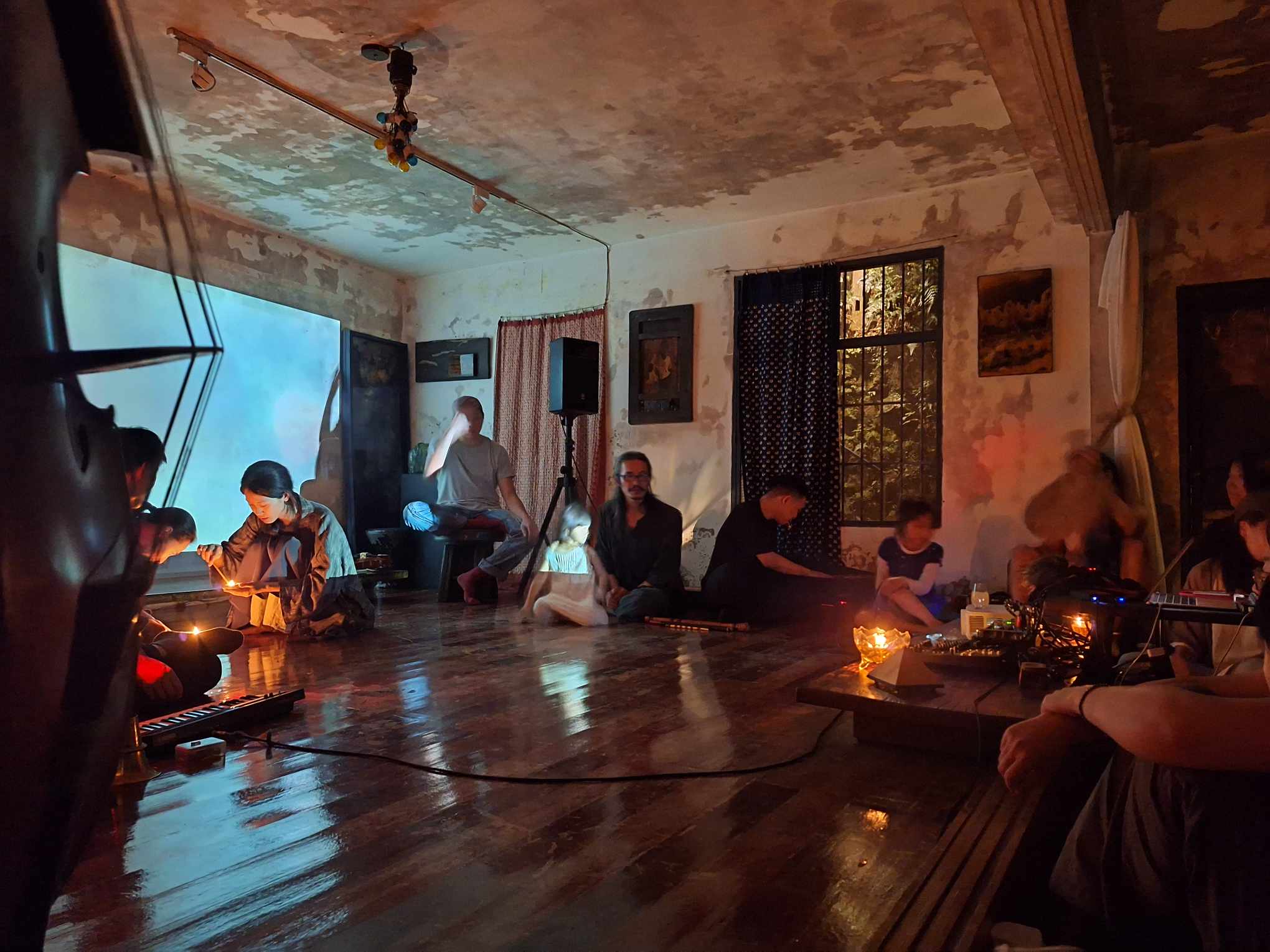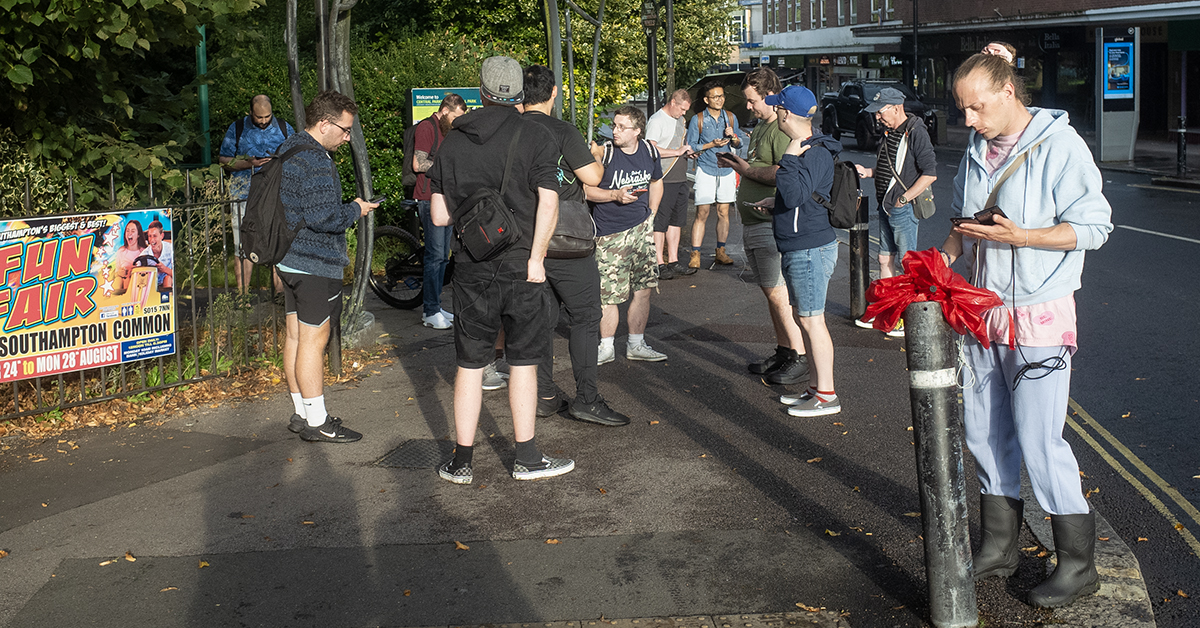
I sometimes forget which time zone I am living in—probably both. Having people in two places whom I love, feel for, and at times worry about stretches my body and mind in a strange way. However, having many lines of flight as sources of comfort and assurance from afar is certainly helpful when things get challenging, and sometimes, out of hand, here in Taipei. Or vice versa.
Well, that is all beside the point for today’s highlight: a book salon that introduced a translation of a series of books from Oxford University Press, ‘A Very Short Introductions,’ on selected issues—love, depression, anxiety, superstition, pain—into Traditional Chinese for Taiwanese readers at a major book fair in Taipei.
Everyone surely loves the name of Oxford, I thought to myself. In my view, the two books on depression and anxiety are highly informative for the general public – they got every discipline covered, from behavioural psychology to neurobiology – and even critically addressed the contested natures of depression and anxiety. I hope the latter does not get lost in the translation. Without doubt, they are good choices for the Taiwanese readers. Absolutely undebatable. But I prefer my recent read: ‘Mad world: the politics of mental health’, which grounds mental health in its very own complexity, diversity, and ambiguity.
But I quickly found myself amused when the speaker, a psychiatrist, at the book salon broke the opening by saying, ‘Oh, and today we are only going to focus on the two books “Depression” and “Anxiety,” despite others, like “Love”.’ Then, he quickly highlighted that ‘all authors of the two books have medical training,’ as if this immediately grants legitimacy to whatever knowledge these books claim about mental health issues. In Taiwan, any scientific knowledge gains an incontestable status of objectivity. Just like God’s view. And that was his way of setting the mood for the audience. It certainly feels very Taiwanese.
What I liked most about his talk was how he captured the layers of ambiguity surrounding mental health in Taiwan, particularly in terms of its terminologies, diagnoses, and solutions.
That was the moment when he went on briefly talking about things happening in the medicalisation of mental health in Taipei. Experts (policy-makers, vendors and psychiatrists) came together to celebrate the new invention and spread-out of a medication – Prozac – since the 1990s by taking serious mental health issues in Taiwan.
On the other hand, he is uncertain whether his prescription or ‘professional’ judgement is the best way to solve mental health issues such as depression and anxiety for such issues are social ones.
At some points, he turned to talk about how much he does not think an expert like himself as a psychiatrist knows exactly how to treat mental health. There is not a ‘correct’ answer to all things mental health. Mental health should not be thought of as an issue for experts like him. Prozac, rest, counselling, resignation of work or removal from ‘stressed’ relationships or environments. Some works on some but not others.
At this point, he was honest about himself feeling ‘helpless’ in the face of his patients, with all sorts of mental health conditions, with different expectations of him.
Some of his patients do not like to go to see him. They can hardly describe their ‘conditions’. They can hardly speak.
Some are wanting an affirmative and immediate solution from him because they don’t feel well. They are overwhelmed by strange bodily pains and physical weakness. They fear not knowing what to do with their conditions. They want to get well immediately.
“‘But how long do I have to wait before I get well, doctor?’
‘How can I get better? How can I alleviate all the pain in my body?’
‘Will I stay well forever once I feel better?’
‘Is this well enough?’
At this point, I couldn’t help but think how terrifying it must be for an expert to be questioned by 30-50 random individuals each day, all trying to meet their ‘unsolvable’ expectations. At the same time, it was clear that he grounds mental health issues in ambiguity, navigating between his medical authority and personal despondency. It was as if the talk itself mirrored a labyrinth, reflecting his frustration over treating patients with mental health problems.
However, I thought such ambiguities also conveniently obscured the power relationship between experts as authorities and patients as powerless within Taiwanese society.
At the end of the talk, the editor talked about something more positive. She was certainly a very clever woman. She talked about how being diagnosed with the certainty under the medical terms could become the source for building a strong identity amongst those who have the same illnesses. Indeed, being certain about one’s illness can be very positive.
But what took me by surprise was when a middle-aged woman raised her hand and spoke about her experience of PTSD and depression with absolute confidence: “I had a few counselling experiences, but I didn’t like them. What I realised is that you can only depend on your strength. You must cut yourself from all the thoughts and environments that have oppressed you. I do not think it is a disease but we all have a tendency to be ‘lazy’….but what do you think is the best solution for mental health, Doctor?
I thought that was an interesting question and statement. Especially her use of the words ‘laziness’ and ‘the best solution’. I suppose what she meant by ‘laziness’ was not to immerse yourself within the negative thoughts and experiences of the past, present and future. Or simply to be possessed. Sometimes we cannot control what we feel and do especially at the moment of weakness. I thought of a passage in which Deleuze interprets Spinoza’s ethics: we do not know what our mind and body is capable of doing…
For that woman, judging from the look of her which is full of life and light, I believe, already found the answer to her ‘problems’. She already pointed out the ‘answer lies in oneself’ but however, in a society like Taiwan where doctors hold a large degree of authority, she obviously, by social conventions, has to seek reaffirmation from that particular source of authority.
We have all been told to be obedient, to be polite, to be respectful of those deemed as experts. I really cannot agree with Confucius. To be validated is part of believing one’s illness will be cured completely.
But whose words and experiences matter when it comes to mental health issues? The doctor does not seem to agree with what that woman said: the workings of oneself is the key to her salvation. I sensed a subtle tension between the two. But what should we do when what we feel is right differs from what doctors or other experts tell us is right? Do we all have the courage to follow our hearts like Jane Eyre, who stood up for herself in the face of violence, whether it was disguised as divine will, expert opinion, or respect for family or gender hierarchy?



